8th round of Vienna talks continue in Austrian capital as Iran says no to interim agreement
The eighth round of negotiations between Iran and the remaining signatories to the 2015 deal continues in the Austrian capital as sources close to the talks say the Iranian team insists on a long-term and reliable agreement, rejecting an interim one.
On Thursday, Iran's lead negotiator to the Vienna talks Ali Bagheri Kani and Enrique Mora, the European Union’s deputy foreign policy chief and head of the Joint Commission of the nuclear deal, officially known as the Joint Comprehensive Plan of Action (JCPOA), as well as representatives of the three European signatories to the agreement held separate meetings.
A source close to Iran’s negotiating team rejected reports that an interim agreement was discussed in the Vienna talks.
“Basically, the issue of an interim agreement or the so-called less-for-less agreement has not been so far raised in the talks, and has never been on the Iranian team’s agenda," Iran's official news agency IRNA cited the unnamed source as saying on Thursday.
"As pointed out before, the Iranian delegation seeks a permanent and reliable agreement and has no plan [on the agenda] to talk about an interim agreement," the source added.
According to IRNA, the factual verification of the removal of US sanctions, which had been one of the main issues that the Western parties were opposed to, has been officially recognized and a discussion on the mechanisms of verification is still ongoing.
On Wednesday, more than 100 Republican lawmakers in the House of Representatives, the lower house of the US Congress, once again expressed their opposition to the return of their country to the JCPOA, and called for a halt to the Vienna talks. Such statements are among the reasons why the Iranian delegation is insisting on receiving the necessary guarantees that Washington won't quit the deal again.
According to Press TV’s correspondent in Vienna, obtaining guarantees from the United States that it won’t withdraw from the deal, as it did illegally under former President Donald Trump in May 2018, and verification of sanctions removal are two most important goals of the Iranian negotiating team.
During the previous round of the talks, the first under Iran’s new President Ebrahim Raeisi, Iran presented new proposals at the negotiating table to help the talks move forward and later criticized the European signatories of the JCPOA for failing to follow suit and remaining passive.
One year after Washington’s exit from the deal and the failure of the European signatories to uphold their commitments under pressure from the US, Iran took a set of retaliatory steps away from the deal in several stages in line with its legal contractual rights.
With a new administration in office in the US, Washington says it wants to rejoin the deal, but it has been dragging its feet in removing the sanctions on Iran.
Tehran has been firmly insisting that the US must first remove the sanctions in a verifiable manner, give guarantees that it will not leave the agreement again, and compensate for all the damages inflicted on Iran due to Washington's unlawful pullout.
Iran also argues that lack of initiative among the Western parties to the Vienna deal is the main factor slowing down talks with Iran.
Iran’s Nour News website, in a report on Wednesday, said new information shows that over the past week, at least one session has taken place every day on the level of delegation heads with the European sides, and the remaining issues have been discussed in detail in accordance with the new draft agreement.
Since the beginning of the new negotiation process, the Iranian delegation has partaken in many meetings on various levels, offering resourceful approaches and operational mechanisms in order to try to speed up the course of the talks with the goal of bringing about a good agreement, the report added.
This is while, amid an ongoing "blame game" and extensive psychological operation on the part of Western media outlets, the European delegations have mainly played a passive role, only expressing their opinion about the plans that have been proposed by Iran and refusing to offer any new ideas or mechanisms towards either reducing or resolving the outstanding issues!
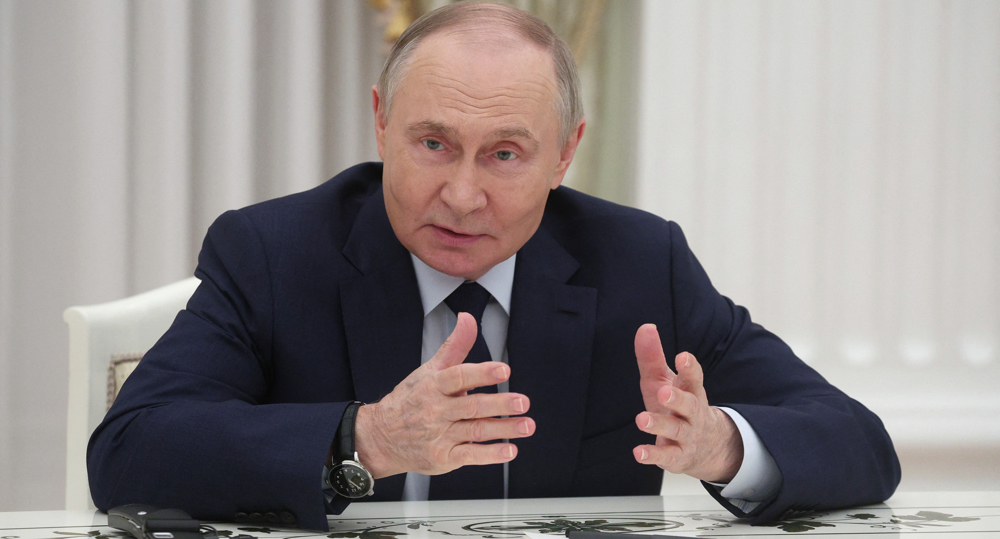
Russia's President Putin ratifies bill for strategic partnership with Iran
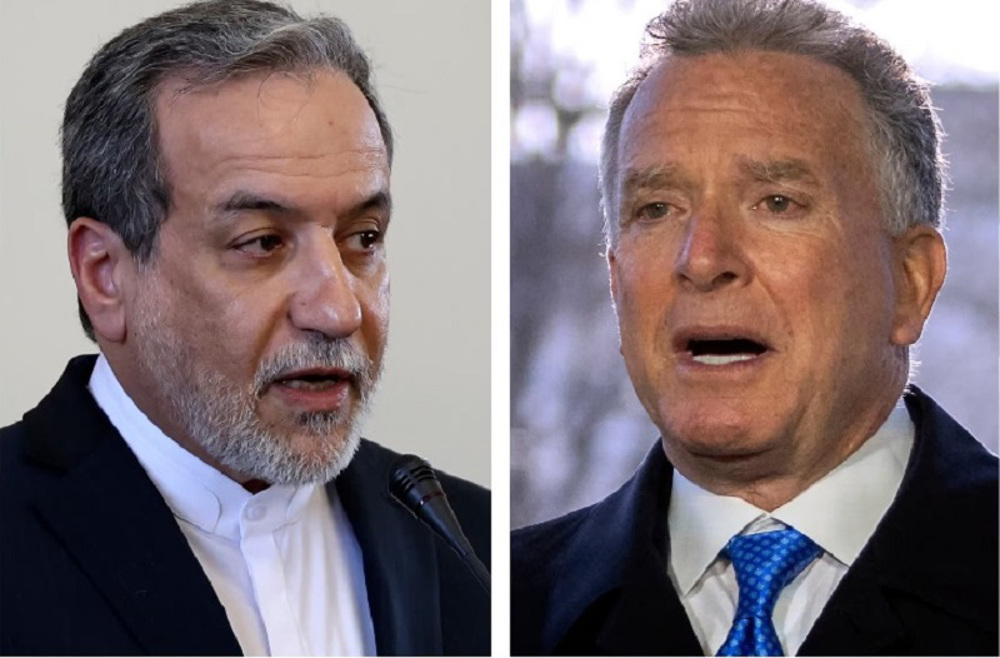
Indirect Iran-US talks proceed on 'constructive' note
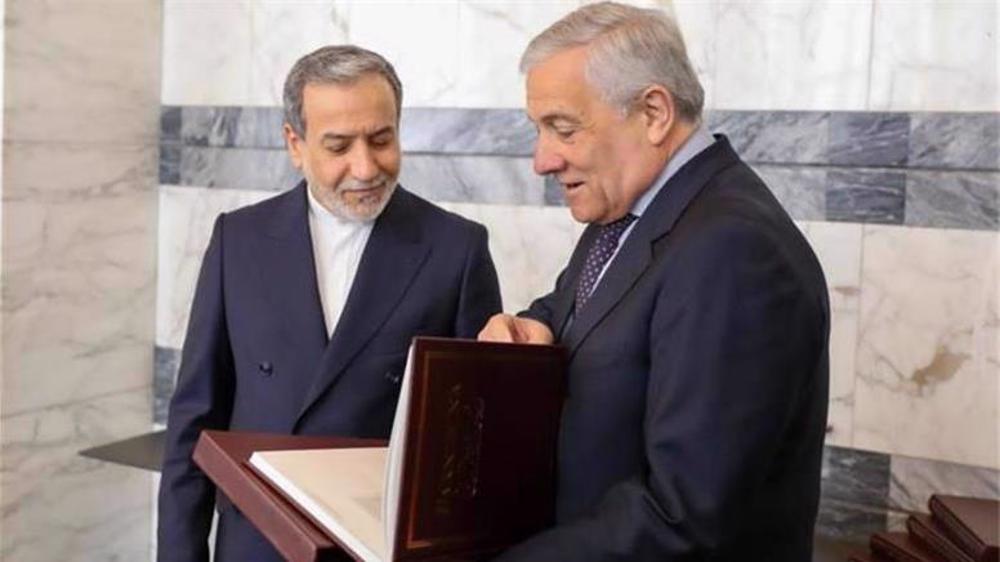
‘Rome talks made progress on principles of ‘likely deal’; optimism warranted but with great caution’
VIDEO | Pope Francis dies at 88 after 12 years as Catholic leader
VIDEO | US bombs Yemen’s capital in escalating military campaign
Iran condemns baseless GCC claims on 3 Persian Gulf islands
At least 65 Palestinians killed inside Israeli prisons
VIDEO | US deadly aggression vs Yemen
Iran denies US investors will be present in its trade fair
Israeli forces kill three Palestinians in intensified West Bank raids
VIDEO | Press TV's news headlines


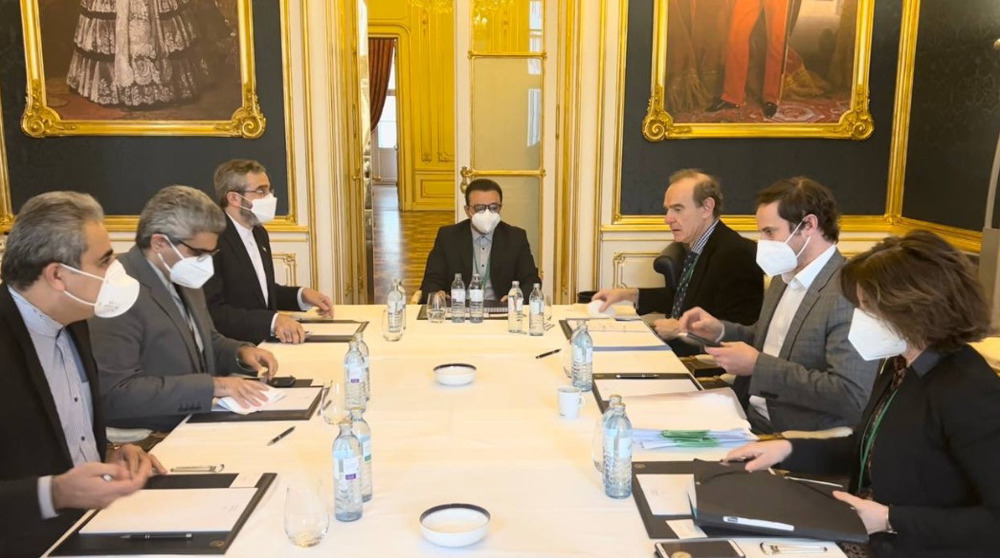
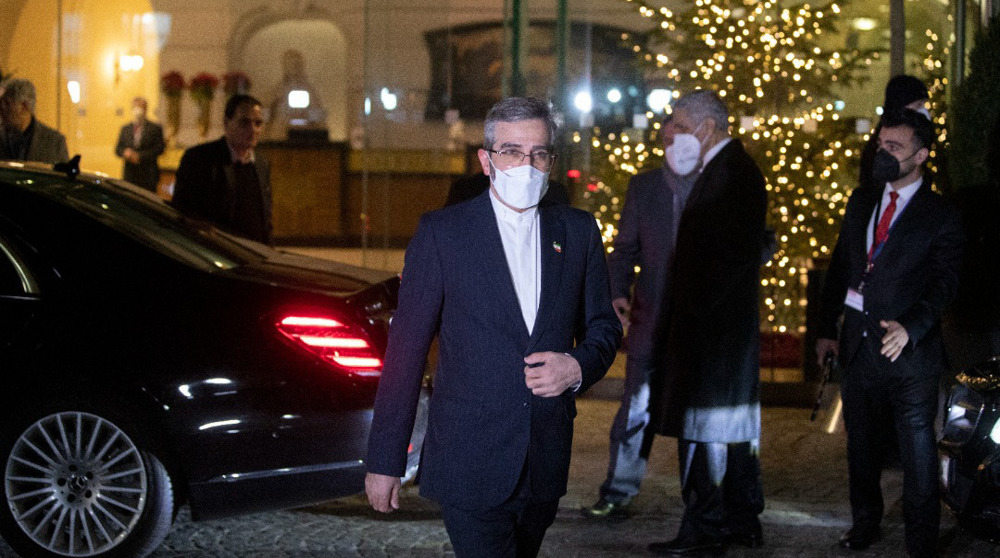
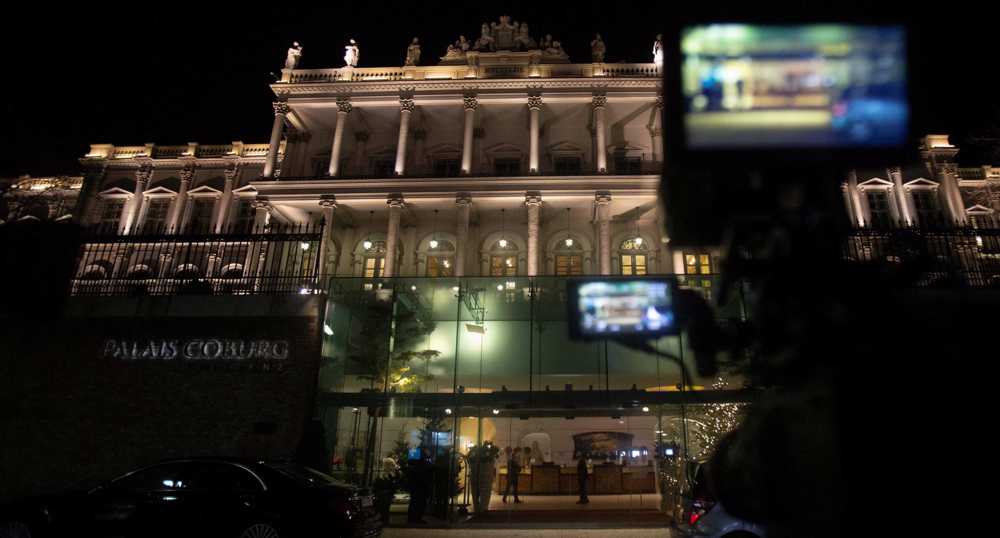



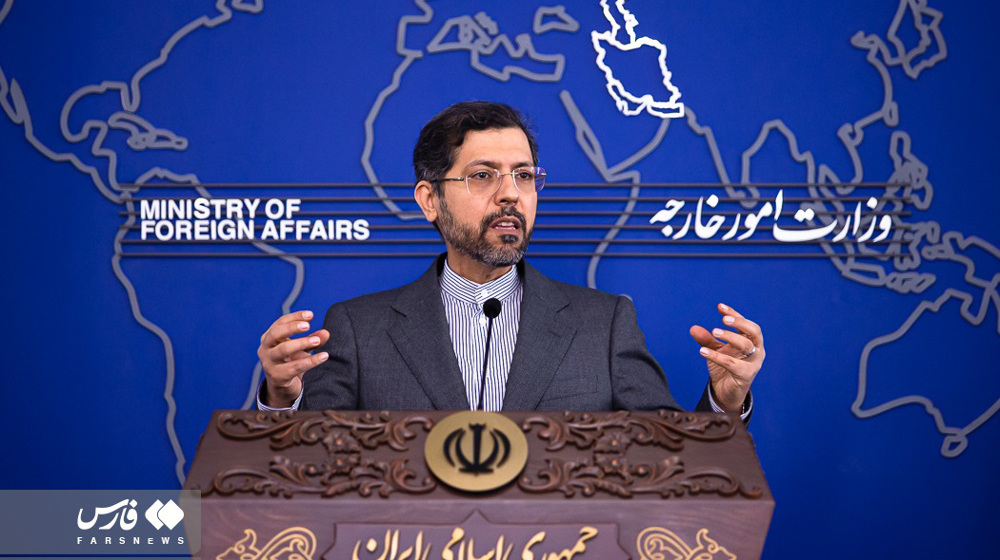

 This makes it easy to access the Press TV website
This makes it easy to access the Press TV website